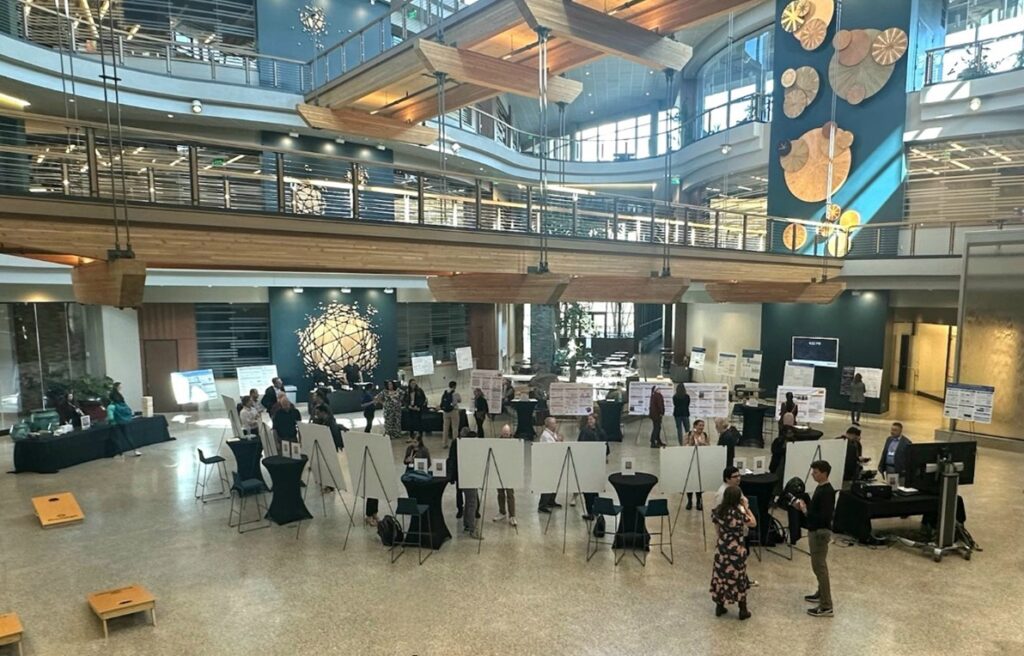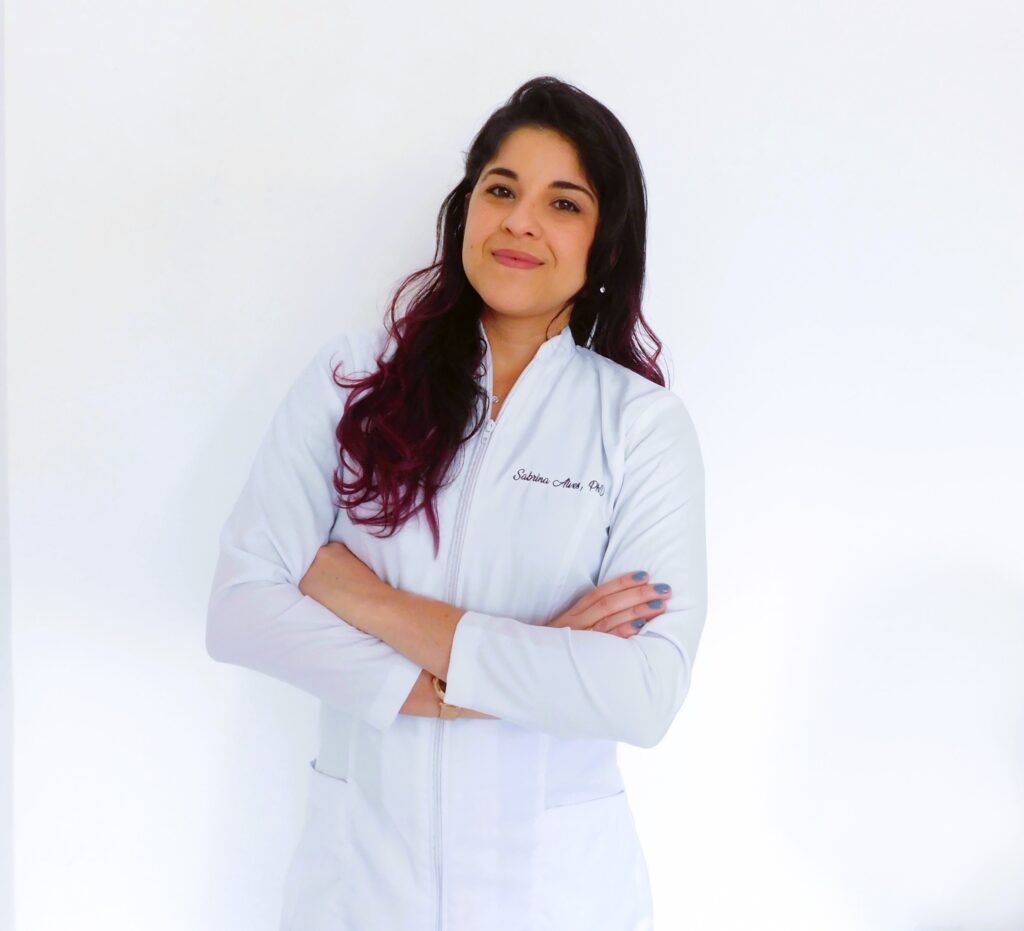Contraception, or birth control, is an important tool in family planning. Given the fourfold increase in population over the last century1 there is a clear need for more affordable, reversible, and safe methods of contraception. At present, the responsibility of taking contraceptives falls largely on people with female reproductive organs as there is no current method of birth control for people with male reproductive organs. The search for a non-hormonal, male birth control has been an elusive goal in the field of reproductive health.

Recently, a group of scientists from Baylor College of Medicine with contributions from Promega scientists identified a novel compound that 1) inhibits a specific kinase and 2) functions as a reversible male contraceptive. The kinase targeted in this study is the serine/threonine kinase 33 (STK33); a genetic knockout of this gene in male mice is known to cause sterility. The team published their work in Science and utilized a suite of approaches—including DNA-Encoded Libraries (DELs), crystallography, and cellular NanoBRET™ Target Engagement Kinase Assays—to discover a potent inhibitor of STK33 (CDD-2807). The CDD-2807 inhibitor has shown promising results in inducing reversible contraception in male mice, marking a significant milestone in the development of non-hormonal contraceptive options. Let’s dive into the foundation, novel methodology, collaboration, and implications for this work.
Continue reading “Targeting Dark Kinases for Non-Hormonal, Reversible Male Contraceptives”






